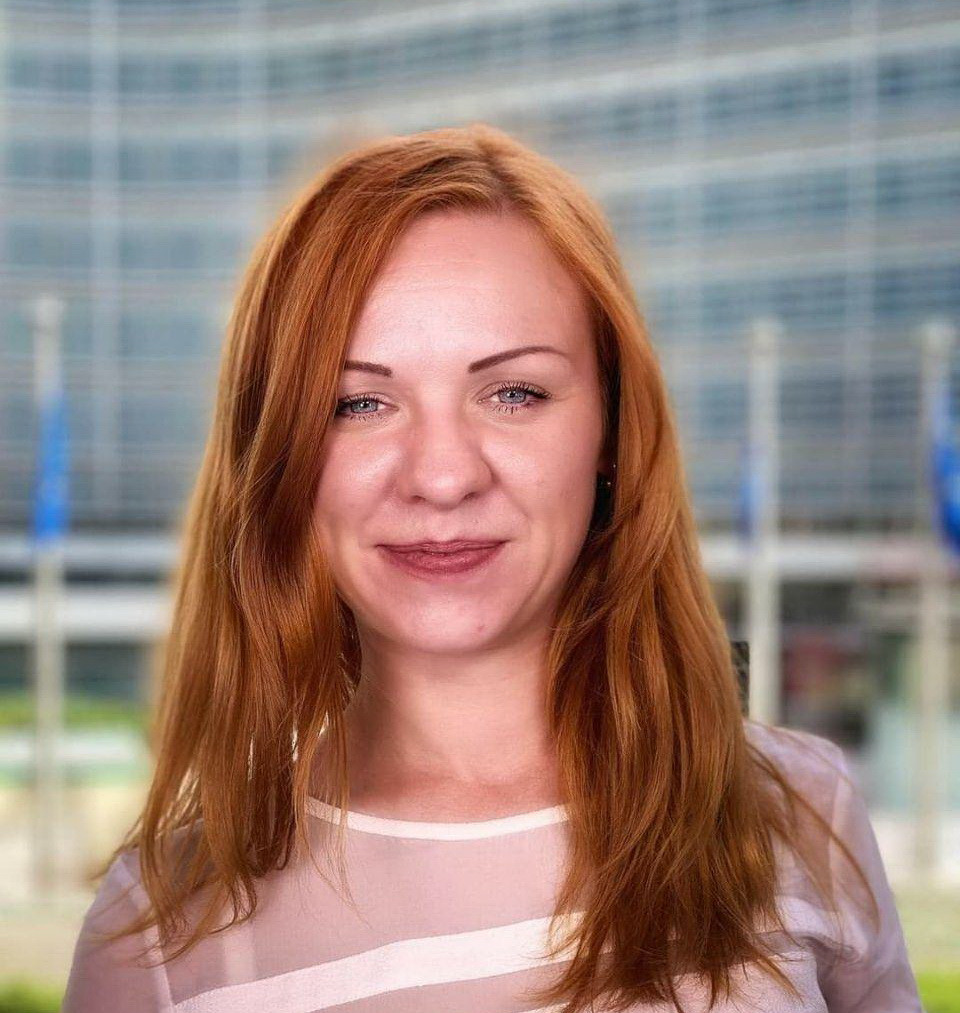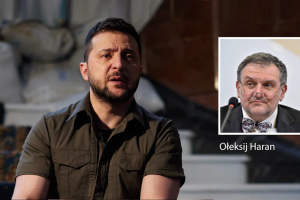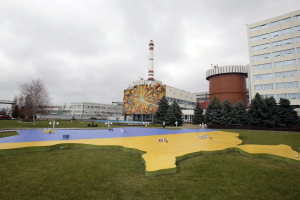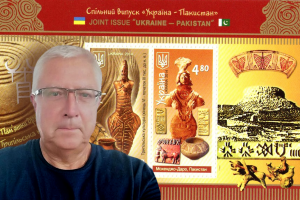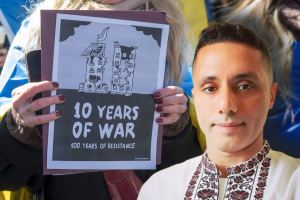Weaponized “Neutrality”: The Geopolitical Gamble of Russian Propaganda in the context of Future Peace Negotiations
As the Russian invasion of Ukraine is broadly accompanied by informational warfare and disinformation campaigns, it is essential to analyze the propaganda narratives deployed by the official authorities. With different deceptive agendas targeting different topics and aiming at different audiences, Russian information interference is employed to support its current political stance, justify aggression, and undermine Ukrainian peace initiative. Operating with the neutrality concept is one of the eloquent examples of how Russia aims to strengthen its position globally by misinterpreting particular neutral states' foreign positions to impose its own framework for further negotiations.
Neutrality is the political and juridical status of a state that avoids participating in military conflict on a particular side and, during peacetime, avoids joining military blocks and organizing collective defence. This status is particularly significant in the current geopolitical landscape, where the war in Ukraine has led to complex diplomatic relations and shifting alliances.
There are several countries on the European continent with neutral status on the constitutional and legislative levels (Switzerland, Austria, Moldova, Ireland) as well as countries worldwide that declare themselves neutral regarding their position toward Russian aggression, and the majority of these countries is in the so called Global South.
Ensuring relations with neutral countries is a key aspect of the information influence and propaganda of the Russian Federation. Consequently, some formally neutral countries have become platforms for spreading information influence and anti-Ukrainian propaganda.
The countries of the Global South are of particular interest to the Kremlin. This geographical area houses the most significant number of countries willing to develop trade and economic ties with Russia, despite their declarative support for territorial integrity with Ukraine. It's not uncommon for local politicians and media to openly spread pro-Russian messages, because of the Russian attempts to impose the “neutral” stance in order to distort negotiation on peace and just conflict resolution. And as a result, these countries also face the potential risk of secondary Western sanctions - of imposing restrictions on persons and organizations engaged in prohibited activities or imposing favourable contexts to overcome primary sanctions that target states. These secondary sanctions are designed to prevent third parties from trading with countries subject to sanctions, even if these third parties are not citizens of the issuing country or based in the issuing country.
On the eve of the Peace Summit, which was held in neutral Switzerland in mid-June 2024, Russian leader Vladimir Putin declared that Ukraine should become "neutral" and "nuclear-free" in order to achieve peace.
"The position is as follows: the neutral, non-aligned, non-nuclear status of Ukraine, its demilitarization and denazification," Putin said Friday, 14 June, at a meeting with Russian Foreign Ministry officials on the eve of the Summit.
Ukraine's aspiration for neutrality was not a recent development but a long-standing stance enshrined since its independence in 1991. Its nuclear-free status was negotiated and concluded in the Budapest agreement in 1994, a testament to its commitment to peace. The Budapest Memorandum on Security Assurances was a diplomatic agreement signed by Ukraine, Russia, the United States, and the United Kingdom. It provided security assurances to Ukraine in exchange for its commitment to nuclear disarmament. However, this historical context is often overlooked in the face of Russia's aggressive tactics. The Russian Federation aims to negotiate a status quo in Ukraine, effectively ignoring its peaceful past before the large-scale aggression and military intervention in 2014 which was an open violation of the Budapest memorandum.
The main goal of Kremlin propaganda is to infiltrate the favorable narrative regarding neutrality and misinterpreting neutrality into the information space of different regions, which could play a crucial role in imposing just peace by provoking alternative initiatives, twisting neutrality, undermining the Ukrainian peace formula, and pushing toward territorial claims as a sense of peace.
Moscow is making every effort to develop peace plans by countries that have declared their neutrality since February 24, 2022 which would de facto record the aggressor's territorial conquests.
The Russian Federation for a long time used the concept of "neutrality" to maintain its influence and slow Ukraine’s rapprochement with the EU and NATO. After three years of full-scale aggression, Russia continues to insist on "neutrality" for Ukraine.
"I would like to emphasize that it is still possible to preserve Ukraine in some form, but it should be a peaceful, neutral country," said Russia's representative to the United Nations, Vasily Nebenzya, speaking at a UN Security Council meeting in February 2024.
Other examples that Russian propaganda often uses as analogies: According to the Moscow Memorandum of April 15, 1955, Austria pledged to the USSR to become a neutral country, similar to a heavily armed Switzerland. This did not prevent Austria from joining the European Union in 1995, and today, it is talking about the need for rapprochement with NATO.
Despite the significant manipulation by Russia, it is crucial to recognize Ukraine's unwavering resilience. Ukraine has always maintained a practical neutrality and has not participated in any collective defense organization.
Its aspirations for EU and NATO membership have only grown more robust in the face of Russia's adversary politics, which include energy and economic blackmail, political interference, and the occupation of Crimea and military intervention in Donbas in 2014. Ukraine even had officially non-block status, confirmed by the Ukrainian parliament, but abandoned right after intervention started.
In 2013, when the Revolution of Dignity began in Ukraine, only 18% of Ukrainians favored NATO, while 67% were against it. However, after the start of Russian aggression in Donbas and the annexation of Crimea in 2014, support for NATO membership among the population began to grow significantly. According to a sociological survey, in 2014, 47.8% of Ukrainians favoured joining the Alliance, and 32.4% were against it. This shift in public opinion is a clear indication of the impact of Russian aggression on Ukrainian society's perception of NATO, evoking a sense of the profound influence of geopolitical events on public sentiment.
Finally, in 2024, the vast majority of Ukrainians, in the face of ongoing aggression, are overwhelmingly in favour of joining the EU and NATO—77% and 78%, respectively. These growing numbers show the intentions of Ukrainians to seek protection in new security alignment.
Thus, Russia's calls for Ukraine's neutrality are a manipulative incident and part of state propaganda to divert global attention from the crime of aggression that Russia has committed and continues to execute.
This stems from the fact that Russia attacked neutral, non-aligned Ukraine in 2014, occupied part of its territory in 2014, and in 2022 launched a full-scale war to occupy Ukraine.
Resorting to historical parallels, the formerly neutral Belgium was invaded by Germany in 1914, when the then State Secretary of the German Foreign Ministry Gottlieb von Jagow called the guarantees of neutrality "a piece of paper." And in 1940 German Nazi employed military strategy invading the neutral Low Countries, Belgium, the Netherlands, and Luxembourg, in order to invade France. Thus, Russia's war against Ukraine only demonstrates that Russia is not going to respect the neutrality of the other countries even if they sincerely respect this stance.
And it is crucial to understand this now, following the election of Donald Trump as President of the United States, as discussions have intensified about "peace" in exchange for territorial concessions and rejecting the invitation for Ukraine to join NATO. Such actions would amount to implementing the "Czechoslovak scenario" of 1938, which failed to prevent Hitler's further occupation of Czechoslovakia.

